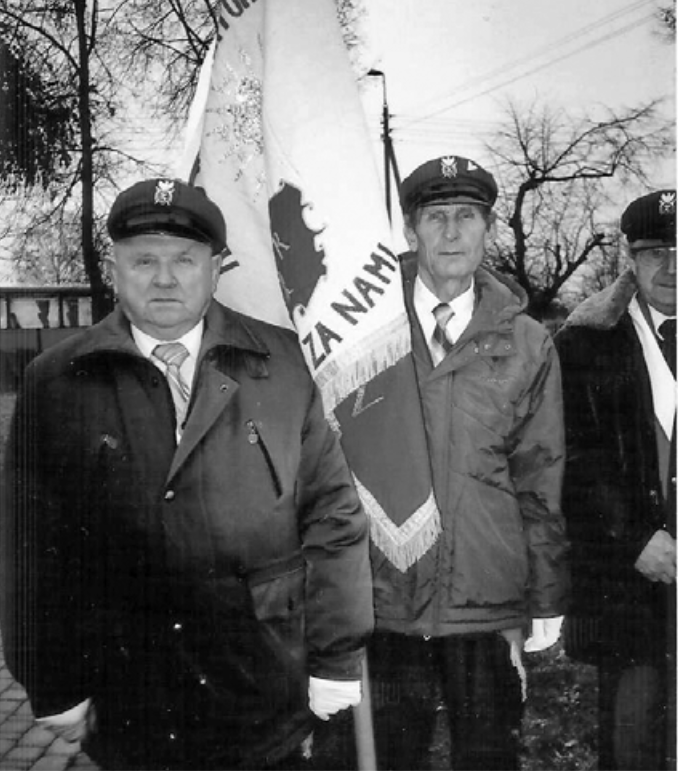
Childhood is probably the most carefree and happy period in everyone's life. Looking at my younger sister, I can say it with all firmness. I like to look at photos from my childhood. Recently, looking at family photos, I came across a photo of my grandfather. The photo was taken at our school in Netta on February 11, 2008. It was another anniversary commemorating the deportation of the inhabitants of the village of Netta Folwark to Siberia. Grandfather stood proudly in a middle and was holding the banner of the Association of Siberian Deportees, Augustów Division. I know that my grandfather was a Siberian Deportee and always took an active part in all commemorations of all those who stayed in this inhuman land. I decided to learn more about my grandfather and his childhood spent in distant Siberia. Unfortunately, my grandfather died on June 6, 2014, when I was nine years old. So, the most reliable source of information was my grandmother Jadwiga - my grandfather's wife, as well as my mother.
My grandfather - Edward Orbik was born on May 30, 1935 in Bargłów. He was the youngest child of Józef and Józefa Orbik. His mother, Józefa, died in 1938. Józef, who had to reconcile all duties with farming, took care of the children. They lived very modestly, but peacefully. Grandfather had older siblings - sister Helena, who got married and lived in the neighborhood, brothers Stanisław, Czesław and Mieczysław, and sister Jadwiga, two years older than grandfather.
The outbreak of war caused great confusion and poverty, and the entry of the Soviet Army did not improve the lives of the poor and large families of the local population. At the beginning of the war, the Germans took Helena's husband to work in East Prussia, and she returned with her son Jasio to her family home to help her father look after the siblings.
The first guerrilla organizations began to form and wanted to face the occupiers. Two of grandfather's older brothers - Stanisław and Czesław belonged to the local guerilla group. Both were young and wanted to defend their homeland. Stanisław fell in love with the girl from the neighborhood, Irena, who was very pretty and reciprocated his feelings. Irena also liked another boy who could not stand the fact that she chose Stanisław. Wanting to take revenge on the competitor, he reported to the NKVD that Stanisław and Czesław were in the resistance organization. In May, 1941, the NKVD arrested grandfather's brothers hiding in the barn - Stanisław (21 years old) and Czesław (20 years old) 1Great-grandfather Józef tried to buy them out of the hands of the NKVD, but it was too late. They were transported to Mińsk and there they weren't heard from again. Grandfather Edward, after 1989 tried to find them by writing numerous letters to the Polish Red Cross and NKVD Archives in Moscow, but to no avail. The answer was: disappeared on the territory of the USSR.
In June 1941, the NKVD knocked on the door at night and told everyone without exception to pack. Great-grandfather Józef packed the most important things: provisions, clothes and a rosary. Together with the children: Edward, Jadwiga, Mieczysław, Helena and her seven-year-old son Jasio, they were transported to the station in Augustów. That's how the grandfather and his family's Gehenna [biblical reference to hell] began. Perhaps if it wasn't for any of Stanisław's ardent feelings, my grandfather would never have been deported to the USSR, but we can't be sure. The fact is that the consequences for the guerilla activity were borne by the whole family.
Completing the entire transport took several days. People were placed in cattle cars, with virtually no windows, and the door was locked tightly. There were several dozen people crammed in the car without water, food, or fresh air. It is hard for me to imagine a six-year-old child who, instead of playing with his peers, sits squeezed into the corner of the wagon, unable to move. In the afternoon the exiles reached Grodno, where other cars were attached. German planes came and the bombing of Grodno and the surrounding area began. There were shots and screams of people everywhere. After crossing the Nieman River, the bridge was destroyed and that ended the deportation of exiles. The cars were shelled from planes, many of the convicts were wounded and killed. It was all terrible, my grandfather as a small child did not understand much of what was happening, but he remembered constant prayers, pious songs, lack of food and water to drink. They got a bucket of water regularly, but food was rare.
The first mountains that my grandfather saw in his life were not the Polish Tatras but the Urals. Years later, he remembered sitting on a bunk and looking through the small barred window to the snowy peaks of the Urals. Finally, after almost three weeks of onerous journey, they arrived. This was their new home - Krasnoyarsk Krai, Khakassia District, thousands of kilometers from home and Poland. They were accommodated in a barrack, where they could at least stretch their legs and sit comfortably on the ground. Then the trucks arrived and the journey continued. Grandfather's family ended up in the kolkhoz [collective farm]. They were accommodated with the Chakas family in a small mud hut. The hosts were not delighted with the new tenants. On the next day, all who could work went to work. Grandfather's father - Józef cut the grass, older brother Mietek also tried with a scythe. My grandfather Edek and his older sister Jadwiga, who was two years older, and nephew Jan remained in the care of their sister Helena. Everyone who worked received a bread allocation of 300-400 g, those who did not work - 150 g per day. They were hungry portions, too much to die, not enough to live. Somehow in the summer something could be collected, and these were mushrooms, some forest fruits or other vegetation that could be cooked. The landlady, who taught them a little about living in these difficult conditions, turned out to be very helpful. Grandfather's sister - Helena went out with her and collected various plants that saved the lives of the exiles more than once. Nettle was the most popular. Soups were cooked from it and dried. During the harvest, everyone went to work without exception. As part of the fun, my grandfather Edek collected ears of grain and hid them carefully in his pants. He brought home and there, in a primitive mill, it was ground into flour and they baked pies on a cast iron stove. In the summer water had to be brought from the stream, and in the winter the snow was scooped up, it was melted then and there was plenty of water. The worst were insects, which gnawed mercilessly in the summer, and in the mud huts, lice and bedbugs teased throughout the year. In the fall there were potato outcrops. Everyone worked without exception to collect as many as possible, because you could get some potatoes home. Some potatoes were buried underground in such small mounds, and under the cover of night, they were taken from the field to have winter supplies. It was theft, but you had to do it to survive. The summer in Siberia was hot and lasted for three months, and then it snowed immediately, which lasted until spring. In winter, temperatures dropped to -50 °C [-58 °F] or even lower. There were snow storms that completely covered the dugout's door and you couldn't go outside. You first had to clear away a mountain of snow to get out of the mud hut. Grandfather Edek did not have shoes, so in the winter he did not go outside, but when he got tired of sitting in the mud hut, he jumped outside and ran barefoot on the snow. Days and weeks went by in hunger and cold. After a year, the whole family moved to the neighboring Biei kolkhoz. Here they lived in a dugout after a family who moved to Abakan. It was a real luxury; they were on their own. Grandfather's father Józef got a job at the mill, brother Mieczysław was thirteen years old and he also became a miller's assistant. It was a real happiness, the work was hard, but you could always bring something home. Grandpa's brother Mieczysław smuggled some flour or cereal in his trouser pockets, and that was something. Grandpa Edek also tried to be very helpful. In the summer, he accumulated fuel for winter with his sister Jadwiga. They collected cow pies called kiziaki and dried them out in the sun so that in winter you can burn them in the stove. They collected brushwood in the forest. It was their job. But happiness did not last long. Helena's son, Jaś, who was eight years old, fell ill. The disease proved fatal. Later, my grandfather's father, Józef, fell ill. He could not go to work anymore and the whole obligation to support his family fell on Mieczysław. Sister Helena could not shake off after the death of her son, only her father's illness caused her to pull herself together and got a job milking cows. This work proved to be beneficial because she could bring a small cup of milk home. Father Józef was slowly recovering. Everything seemed to be all right, but Józef's condition suddenly worsened and the man died early in that year. The winter was so terrible then that it was not possible to bury him, it was only done at the end of May, when the thaw began. In this way my grandfather became an orphan.
Weeks and months passed, and the Orbiks were stuck in this gloomy reality, with no prospects for the future. They lived with the hope of returning home. Grandfather Edward went to work with his brother Mieczysław. He got old felt boots from him, so he already had shoes and could leave the house in the winter. My grandfather's job was cleaning and sweeping the mill. During this activity, you could earn something extra and bring back a bit of groats and flour. After the death of his father, the chairman of the collective farm wanted to take my grandfather and his sister Jadwiga to the orphanage, but sister Helena did not agree. She applied for their adoption, giving them her surname - Jasiński. This saved them, they were still Poles. Completing formalities took a while, but it was already a year when the Poles could move freely. Sister Helena walked several dozen kilometers on foot to arrange all the documents. This proved to be very helpful when returning to Poland.
Grandfather remembered the end of the war. Then there was a great holiday in the kolkhoz, the deportees had a day off from work. Everyone was hugging and crying. Poles counted on a quick return home - Poland. The repatriation campaign lasted a long time, because all the necessary documents had to be collected. Grandfather came to Siberia in the name of Orbik, and he left as Jasiński, and the authorities did not like it much. Sister Helena was running around the offices to settle everything and somehow it worked out. Her grandfather was grateful to her for the rest of her life for not leaving them in this inhuman land. In May, 1946, they boarded a train and returned to their homeland. Grandpa said it was the happiest day of his life. After five years of captivity and anguish, they returned home. Grandfather left Poland as a six-year-old boy, and he came back so experienced that many adults could not bear the weight of what he experienced.
Grandpa once wanted to write down everything he had lived through, but the memories were too painful. Experiences meant that he had his "remains" of Siberia: he never ate sorrel soup, saying that he had eaten this vegetable for life, he always had a supply of fuel and flour for the winter, and the bread he worshiped as much as possible.
Grandfather's childhood was tragic. I am glad that I could get to know his interesting fate. One thing I am sure is that we, modern children, bloated and nurtured, could not cope with all this. I am proud that I had such a grandfather. For me he is and will be a hero. He will stay forever in my memory and heart.
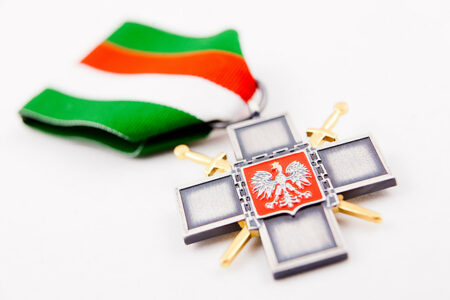
The work received the 2nd degree distinction in the competition "History of one photograph" organized by the Siberian Memorial Museum in Bialystok. The competition results were held on February 8, 2018.
Translation and footnotes by Jay M. Orbik
| Dziękujemy, że przeczytałeś/przeczytałaś ten tekst do końca. Jeśli uważasz, że to co robimy jest wartościowe, rozważ wsparcie. Wejdź na stronę jzi.org.pl/wspieraj lub patronite.pl/jzi. Dziękujemy! |
- An underground organization named "Samoobrona" [Self Defense] was established in the Bargłów gmina, which issued the order to create "piątki" [a team of five]. Each trusted member of the movement was to choose four. At that time, the inquisitors mainly caught teachers, officers, and non-commissioned officers, [plus] peasants suspected of having contact with the partisans. In response to the arrests, young Poles, out of revenge, began to set fire to the buildings of those who agreed to join the kolkhoz [collective farm]. "Every Sunday, the buildings at the next one burned, and after the harvest, the fire consumed heaps of grain from the kolkhoz. The Soviets once again used the informers and arrested, among others, two Orbik brothers ... They also wanted to intimidate the young with conscription. They took those who were 20 years old but not over 50 years old.” "We, together with Kowalczyk, stood on the commission in Augustów. One of the doctors turned out to be friends, so a quiet agreement was enough and we were declared 75 unable to join the army. "
J. Poziemski: Bohaterowie i zdrajcy, Kurier Podlaski. Nr 177 (1841), 12 IX 1990. Also in: Adam Sudoł, Stalin wobec kresów wschodnich II Rzeczypospolitej (jesień 1939) ZESZYTY NAUKOWE WYŻSZEJ SZKOŁY PEDAGOGICZNEJ W BYDGOSZCZY, Studia Historyczne z. 6. p. 68.[↩]
- Difficult Memories - 22 May 2020
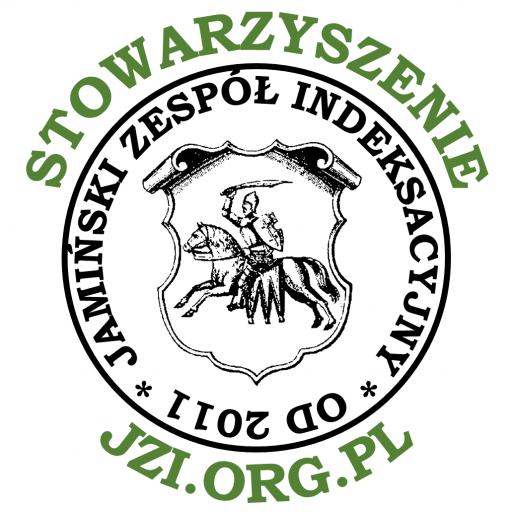

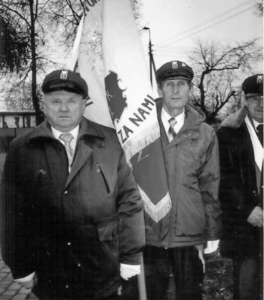
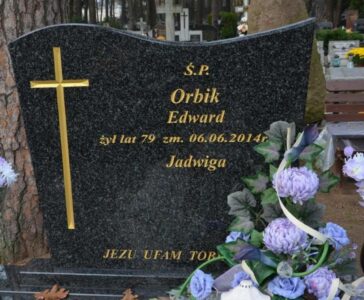
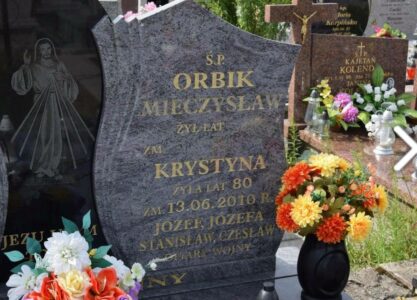
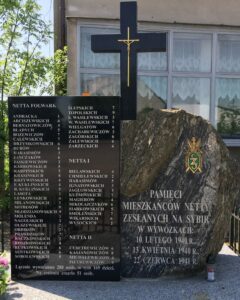
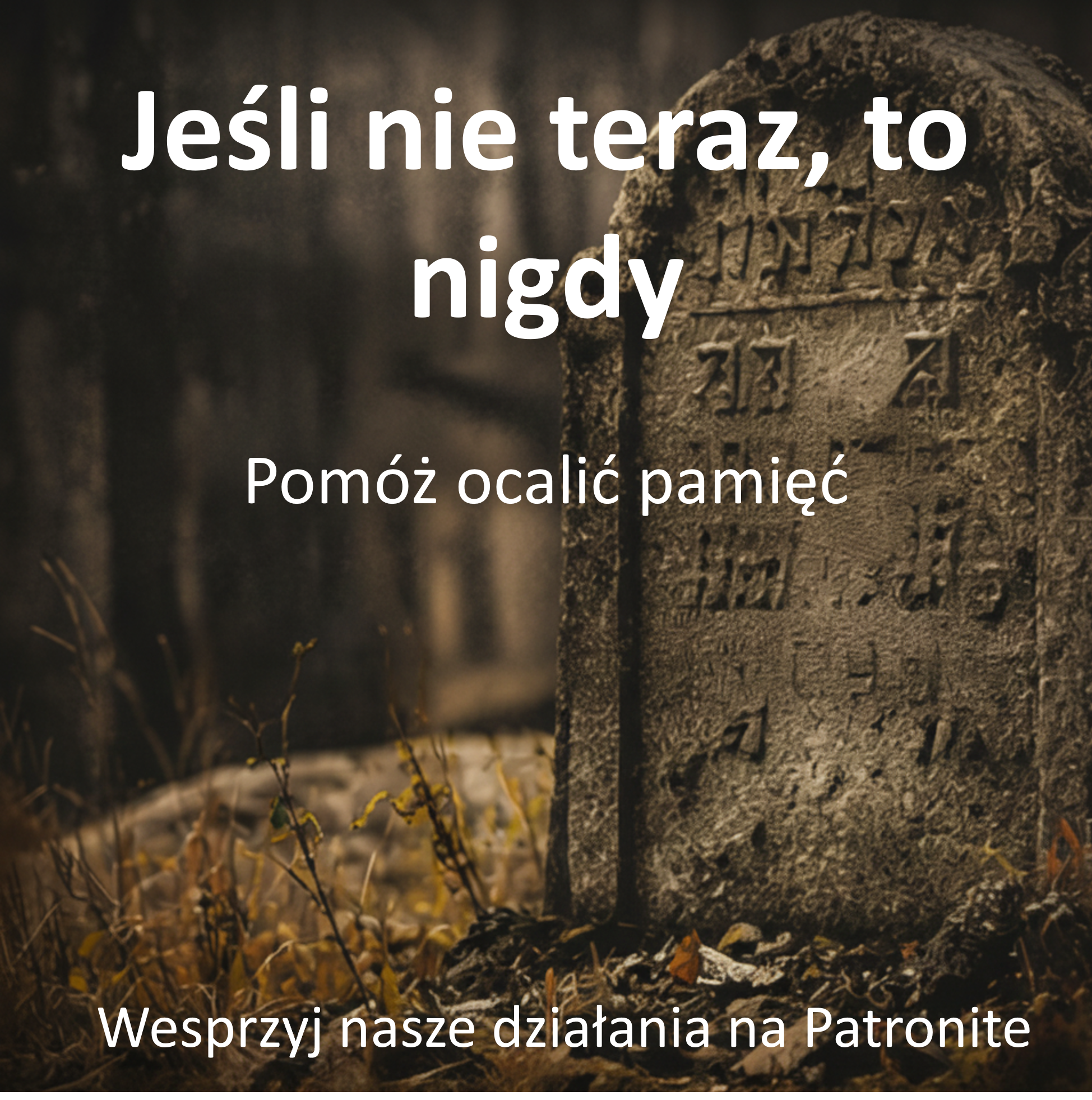
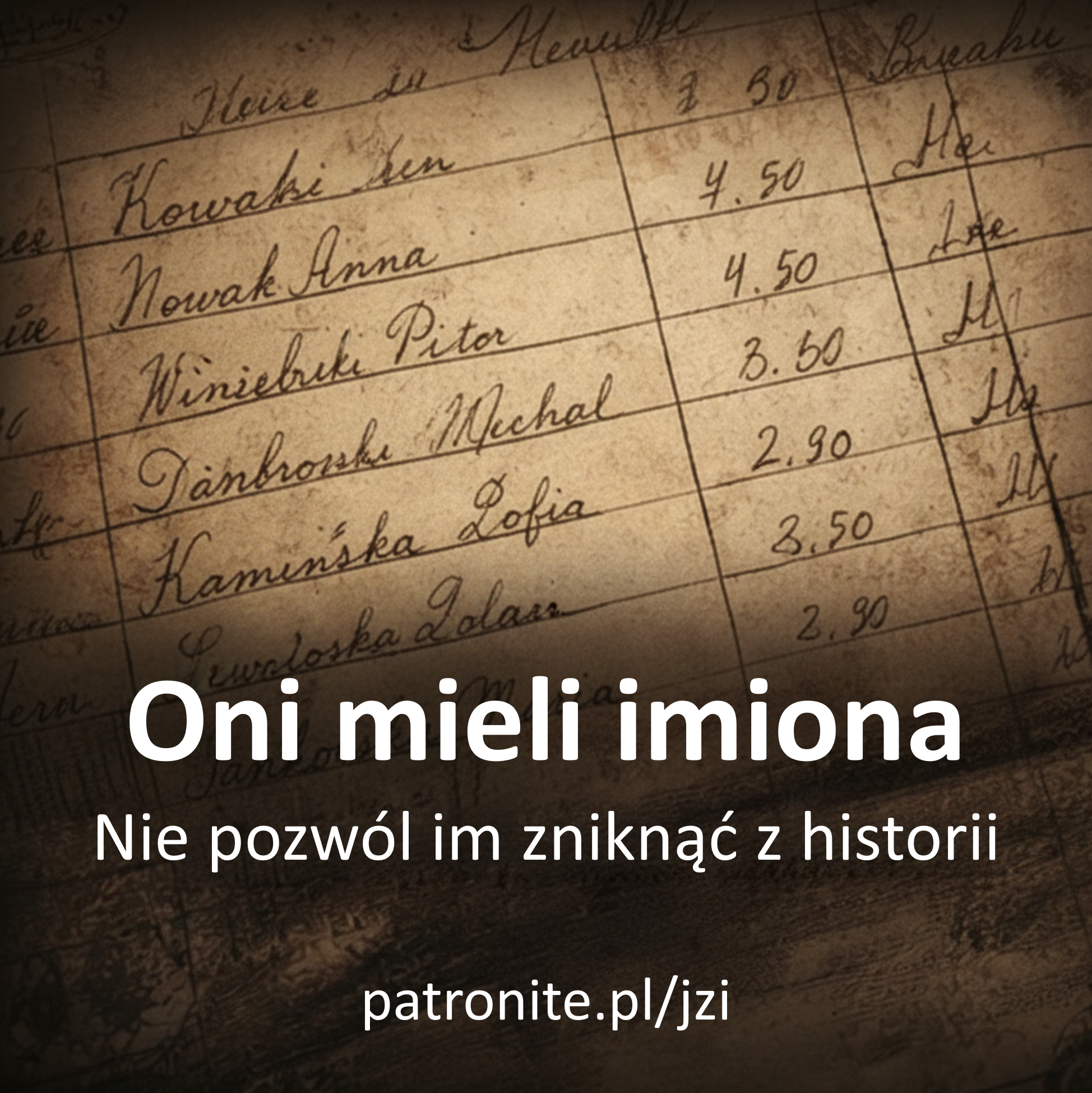
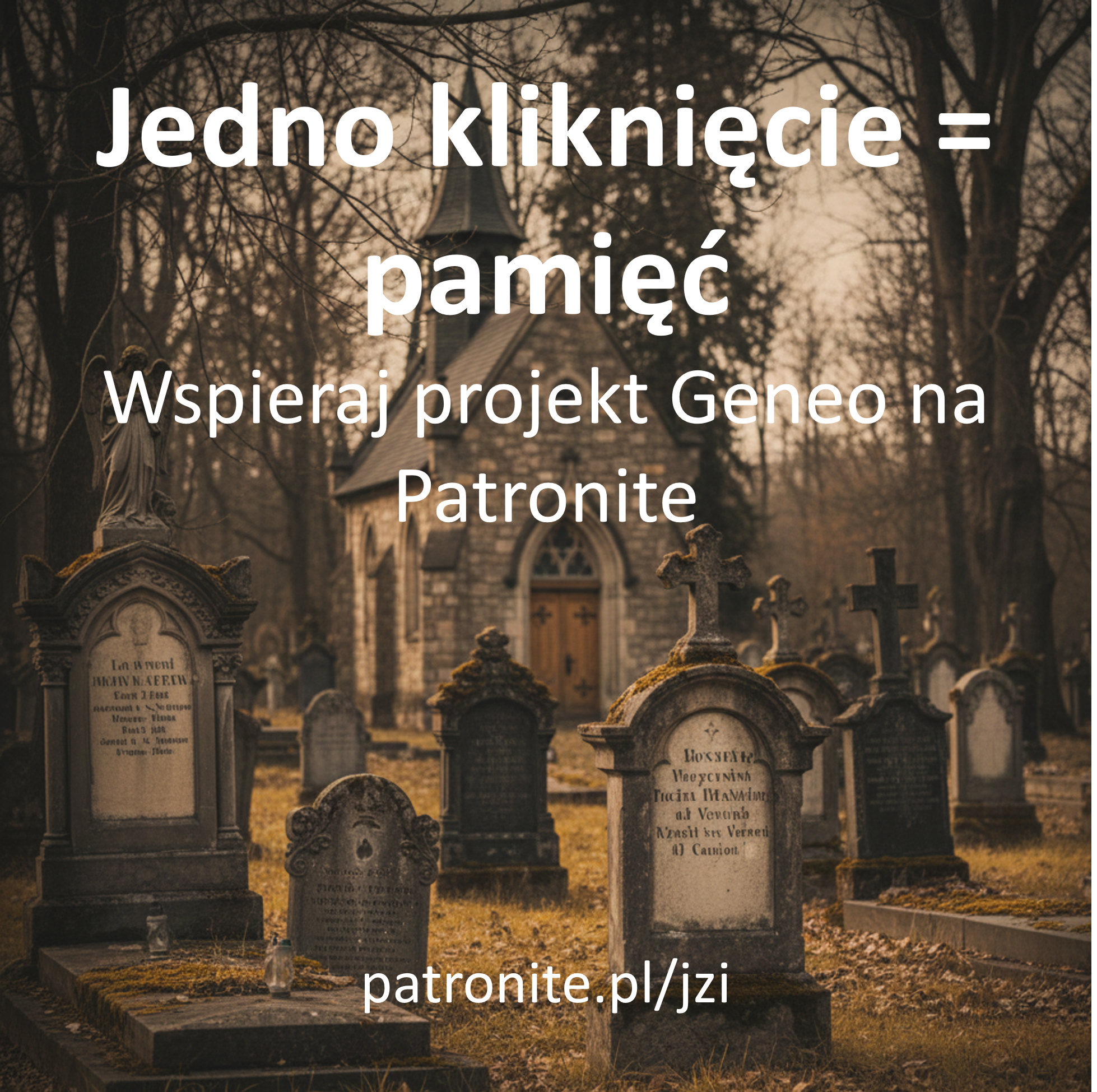
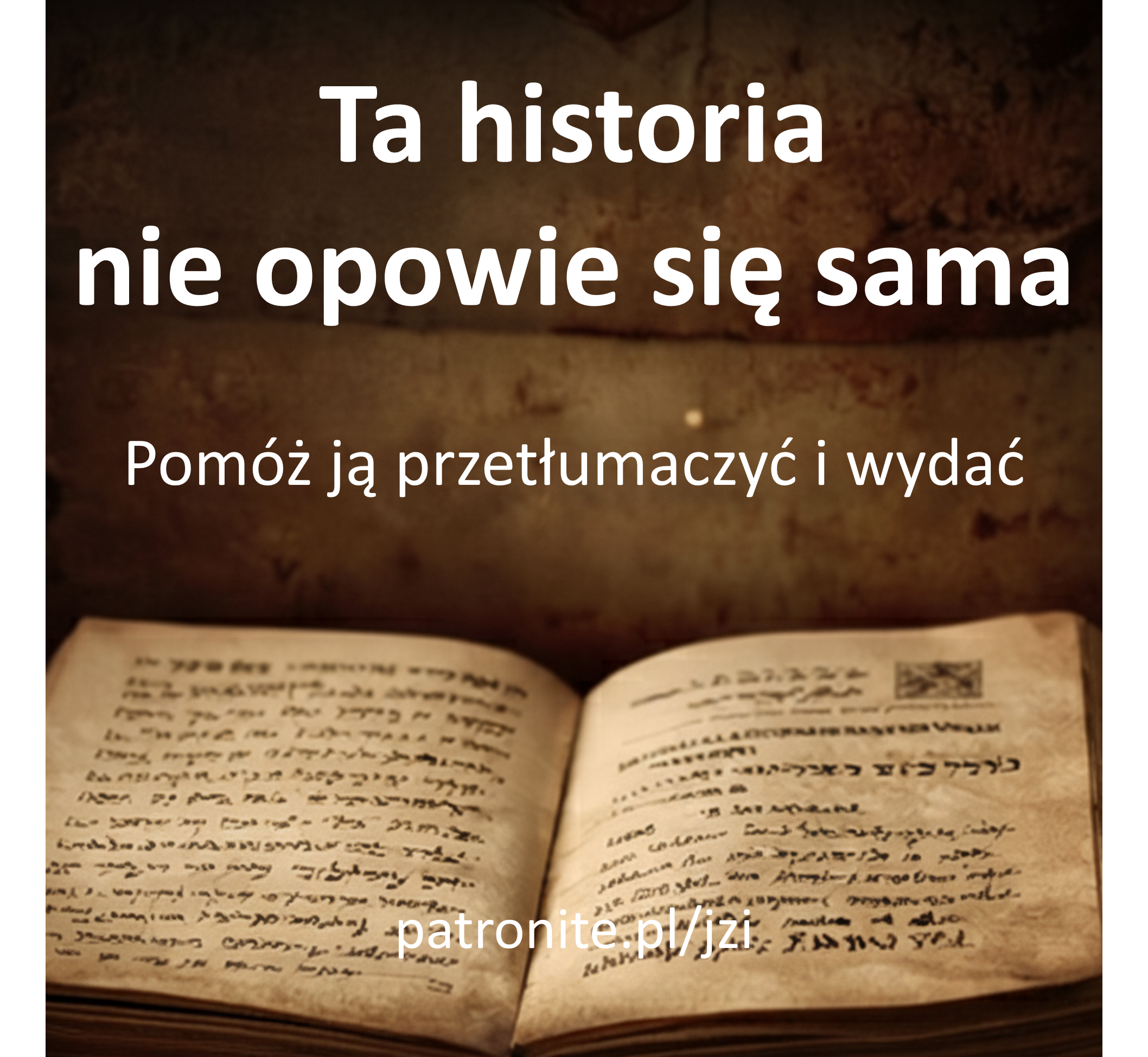

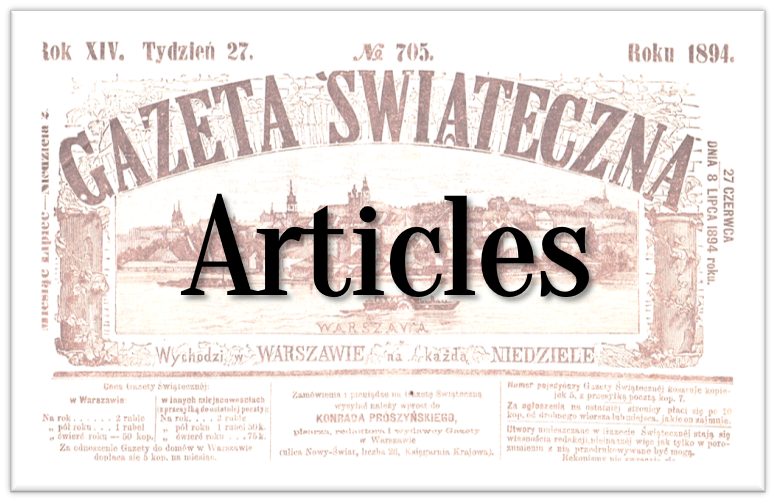
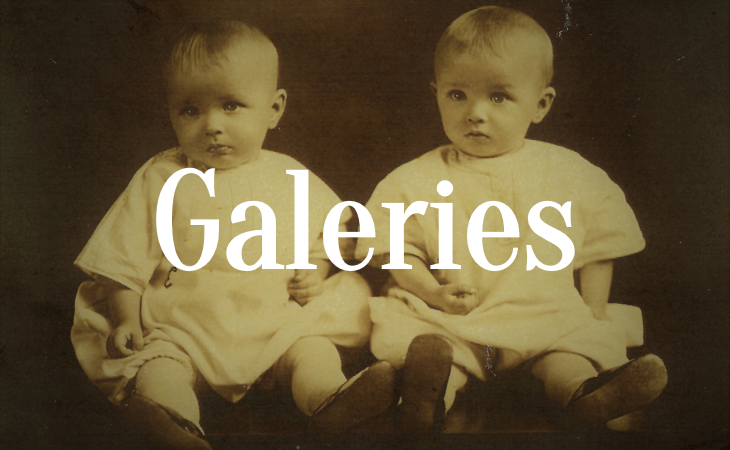




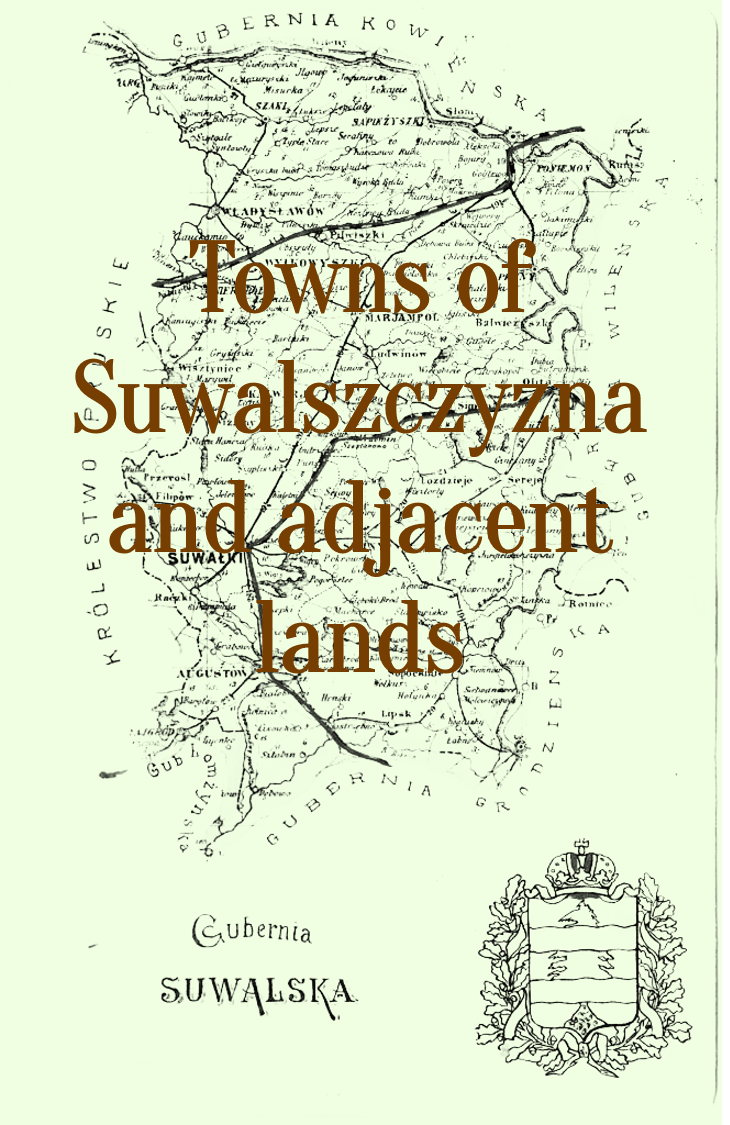


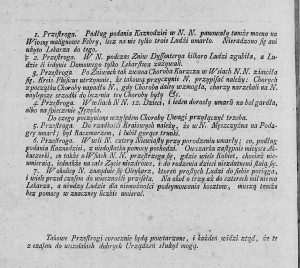
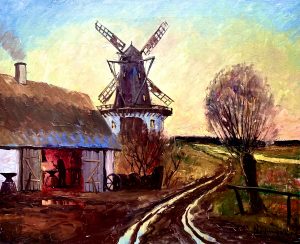

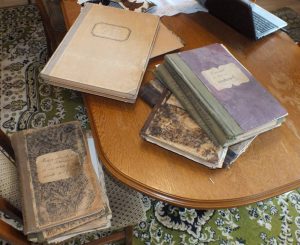
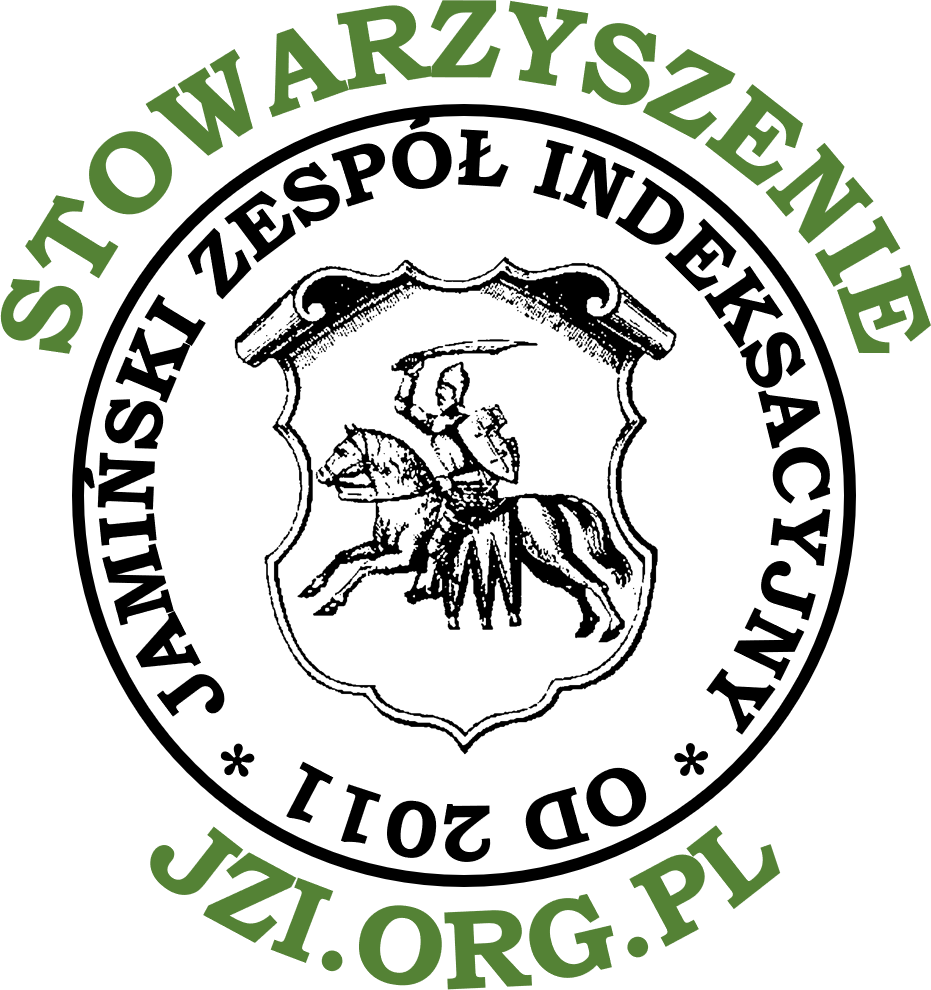
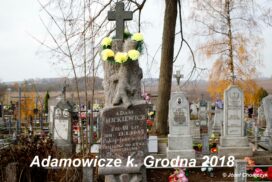
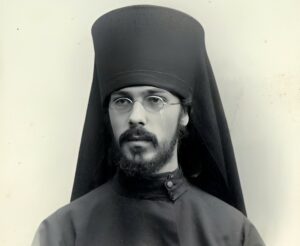

Very interesting article, and I see our family name Blady is on the memorial, my father Zygmunt Blady was a farmer in Netta. He joined the Polish Army during the second world war and end up in Scotland at an Army base called Barry Budden. He met and married a local girl called Anne Knight, and lived the rest of his days in Monifieth. My grandfather was called Kazimeierz Blady, he died in Netta 1936, my grandmother was Apolina Rabinska, my great great Grandfather was Stephan Blady and great great grandmother Anna. My father was a very proud and hard working man, unfortunately he never returned to the place of his birth, however he did manage to bring over his sister Zygmunta to visit us in Scotland she was only a young girl when my father went to fight in the war. thanks to the internet we are starting to find out more and more about our family. The Blady name lives on in Scotland I have a son Sean Blady, my Grandson is called Warren Blady, my brother James Blady has two sons Stephen & Philip Blady, they both have sons Lewes Blady & Lucas Blady. Hopefully one day I will make a trip to Poland and to the area where my father had his farm, and to see the memorial.